How to Budget Your Money As a Freelance Filmmaker (Free Template)
If you want to have a career that lasts, you have to stretch your funds.
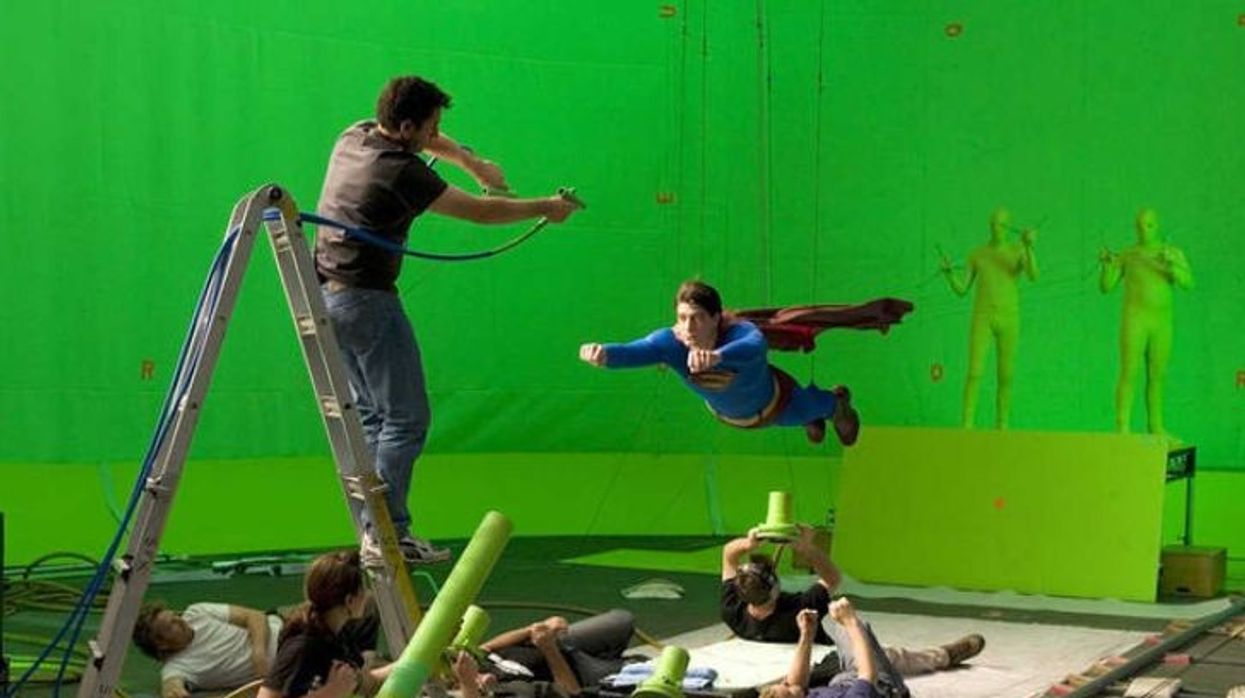
Superman Returns Behind the scenes
So, you want to be a freelance filmmaker? Well, aside from filmmaking talent and luck, you're going to need to learn how to handle money—and I don't mean that in a snarky, get-a-side-job fashion.
Although, you may want to do that.
To have freedom and flexibility in this world, you need money. And that means saving what you have to help you get through the lean times.
Today, I want to talk about budgeting your money as a freelance filmmaker.
Let's dive in.
Where Does Your Income Come From?
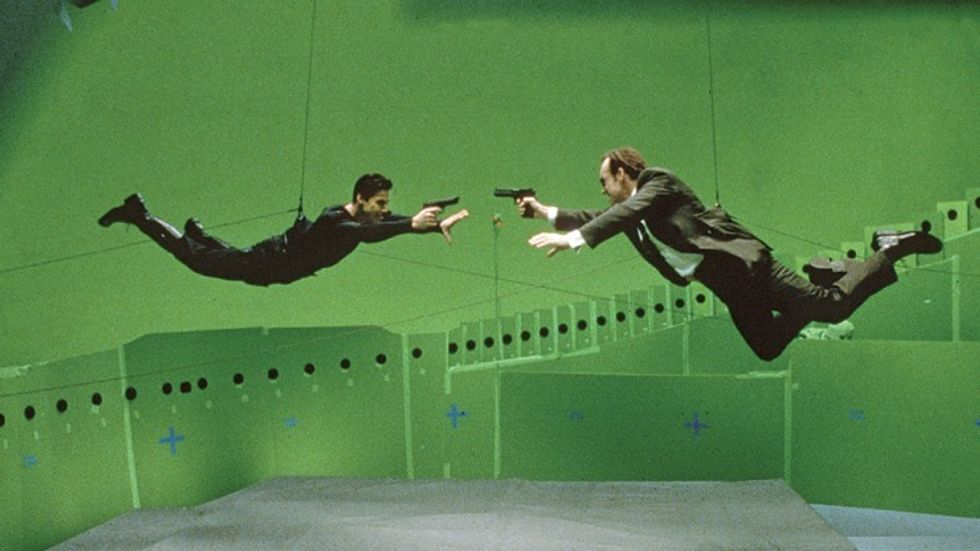
The Matrix behind the scenes
Warner Bros.With any budget, you want to start with the income you're making. I usually break this down by month. Who is paying me what? And how much are they paying me?
This freelance filmmaking income can come from a variety of places including:
- Client work: The core of your income likely comes from gigs like directing, producing, shooting, and editing.
- Personal projects: Don't overlook the potential revenue from your own short films, documentaries, or web series. Consider self-distributing or aiming for streaming platform sales.
- Side hustles: Many filmmakers diversify their income with related skills like photography, graphic design, wedding videos, or social media content creation for other businesses.
What Are Your Fixed Expenses?
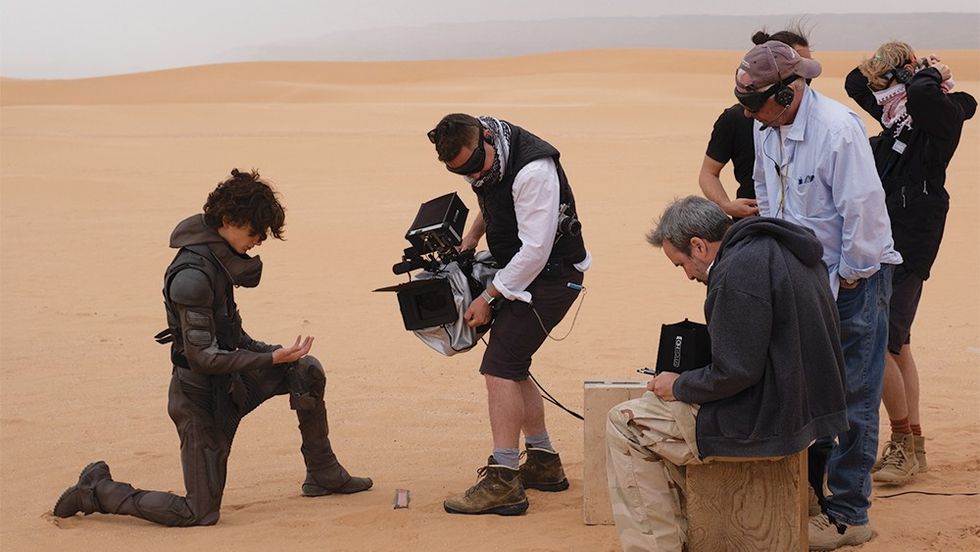
Dune
Warner Bros.
Every month, there's going to be expenses you know are going to come up. That's what you have to plan for as immediate expenditures. These will also tell you how much money you have to make to cover all this stuff.
If you don't make enough, you probably want to find a side hustle.
- Rent/Mortgage: Your home and any dedicated workspace costs.
- Utilities: Electricity, internet, etc.
- Software subscriptions: Editing programs, accounting tools, and project management platforms.
- Equipment insurance: Protects your essential gear investment.
- Health insurance: A non-negotiable if you're freelancing full-time.
Watch For Variables
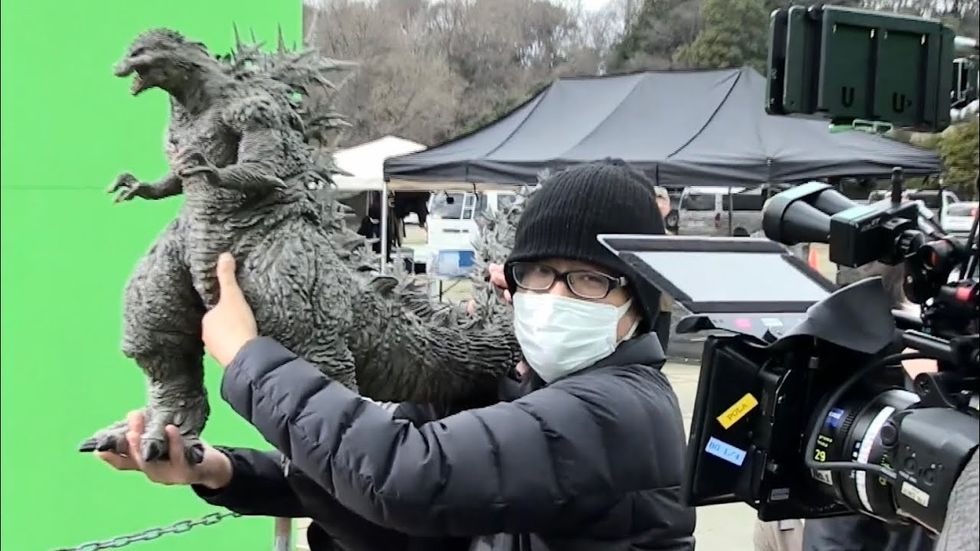
Godzilla Minus One Behind the Scenes
Toho Co.Every so often, other expenses arise that you didn't think about. A camera breaks, or you run into overtime, or you just get a flat tire on the way to a shoot.
This kind of stuff sucks. It can ruin a day, a week, and a budget.
So that's why you have to plan around them.
These can fluctuate significantly, making budgeting tricky.
- Equipment: Rentals, upkeep, and upgrades. Set aside regular funds for this category.
- Transportation: Gas, mileage, or public transit costs related to projects.
- Meals: If you're billing on-location shoots, food becomes a business expense.
- Professional development: Workshops, conferences, and online courses.
- Marketing and networking: Costs related to building your personal brand and finding clients.
Emergency Fund

Cliffhanger
Tristar
This has bailed me out so many times. I cannot stress enough how important it is to find a way to collect an emergency fund.
Freelance life has its ups and downs. Aim for three to six months' worth of living expenses in a savings account dedicated to emergencies. This provides a cushion during low-earnings periods or unexpected expenses.
I know this is also the hardest to save, so don't beat yourself up if you don't have it, but it matters. And when you drain it, try to fill it back up as well.
Taxes Matter!
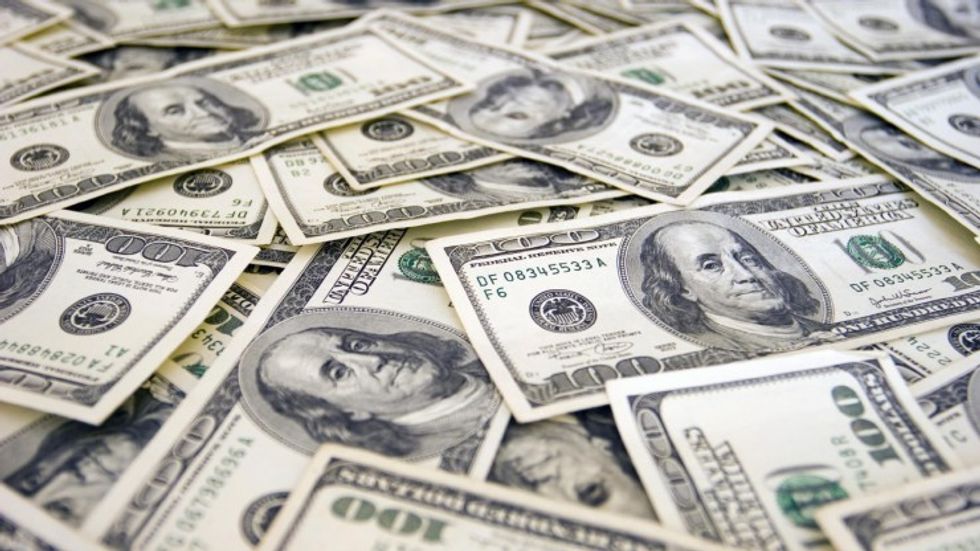
Cash
Flickr
As a freelancer, no one withholds taxes for you. Put aside roughly 25-30% of every paycheck in a separate account for federal and state taxes. Consider quarterly estimated tax payments to avoid penalties.
At the end of the year, you do not want to be caught on the hook for more money owed.
Budget Template for Freelance Filmmakers
So, I took the liberty of building a budget template that you can put into excel or Google sheets and use on your own.
Hopefully, this helps you stay organized.
FREELANCE FILMMAKER BUDGET TEMPLATE
Project Name: Client: (If applicable) Estimated Timeline:
INCOME
- Client Projects:
- Project 1: [Income Amount]
- Project 2: [Income Amount]
- (Add more projects as needed)
- Personal Projects:
- [Project Name]: [Estimated Income]
- Side Hustles:
- [Hustle Type]: [Estimated Income]
TOTAL ESTIMATED INCOME: Add everything above.
EXPENSES
Fixed Expenses
- Rent/Mortgage: [Amount]
- Utilities: [Amount]
- Software Subscriptions: [Amount]
- Equipment Insurance: [Amount]
- Health Insurance: [Amount]
Variable Expenses
- Equipment (rentals, upgrades): [Amount]
- Transportation: [Amount]
- Meals (on-location): [Amount]
- Professional Development: [Amount]
- Marketing/Networking: [Amount]
Project-Specific Budget (Copy & modify this section for each project)
- Pre-Production
- Screenplay
- Location Scouting
- Casting
- [Add more as needed]
- Production
- Crew Salaries
- Equipment Rental
- Location Fees
- Props/Set Dressing
- Catering
- [Add more as needed]
- Post-Production
- Editing
- Sound Design/Mixing
- Color Grading
- Music/Licensing
- [Add more as needed]
- Contingency (10-15% of production budget)
TOTAL EXPENSES: Add everything above.
EMERGENCY FUND
- Target Amount: [3-6 months of living expenses]
- Current Balance: [Amount]
TAX SAVINGS
- Target Percentage: [25-30% of income]
- Amount to Set Aside: [Automatically calculates]
NET PROFIT (Income - Expenses - Tax Savings): ____________
Remember, budgeting is a dynamic practice you'll refine as your career evolves. Stay organized, seek help from an accountant if needed, and be prepared to adjust and adapt.
With financial savvy, you'll turn your filmmaking passion into a sustainable lifestyle.
Let me know your thoughts and advice in the comments.











